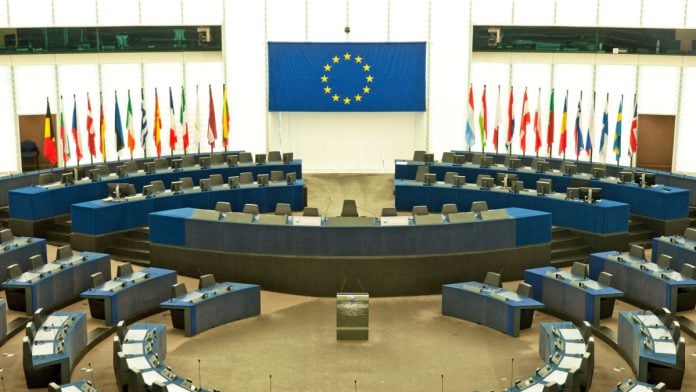Payment service providers active in the EU will now be required under European Commission regulations to offer merchants instant payments within 10 seconds.
The implementation of the regulations in both EU and EEA countries was announced today after being approved by an overwhelming majority of MEPs in the European Parliament three weeks ago.
New regulations will come into effect after a transition period, with EU legislators hopeful that the requirement will reduce ‘excessive reliance on third party financial institutions and infrastructures’.
Policymakers also envision the regulations bringing benefits for both citizens and companies by improving mobilisation of cash flow, and also allowing for added value services.
PSPs, including banks, will be required to enable instant payments within 10 seconds – both the individual or company sending the payment and the counterpart receiving it – including outside business hours.
This will include payments made within the same country but also to other EU member states. Although the regulations specifically focus on payments within euros, policymakers have taken note of ‘particularities of non-euro area entities’.
Of the EU’s 27 member countries, eight do not use the euro – Bulgaria, Croatia, Czech Republic, Denmark, Hungary, Poland, Romania and Sweden. However, the non-EU countries of Andorra, Kosovo, Monaco, Montenegro, San Marino and Vatican City do use the euro.
Under the regulations, the Settlement Finality Directive (SFD) has been changed which will both obligate payment and e-money institutions (PIEMIS) to offer instant credit transfers whilst also granting these entities access to payment systems.
The EC stressed that: “The regulation includes appropriate safeguards to ensure that the access of PIEMIs to payment systems doesn’t carry additional risk to the system.”
Instant payments providers will also be required to verify that a payments’ receiver’s IBAN and name match in order to alert the payer about possible mistakes or fraud before transactions are made, a requirement which will also be applied to regular transfers.
The EC initiative forms part of the EU executive body’s wider strategy to complete the capital markets union, a plan to create a ‘truly single market for capital across the EU’ and drive forward the flow of investment and savings for citizens, businesses and investors throughout all 27 member states.




















